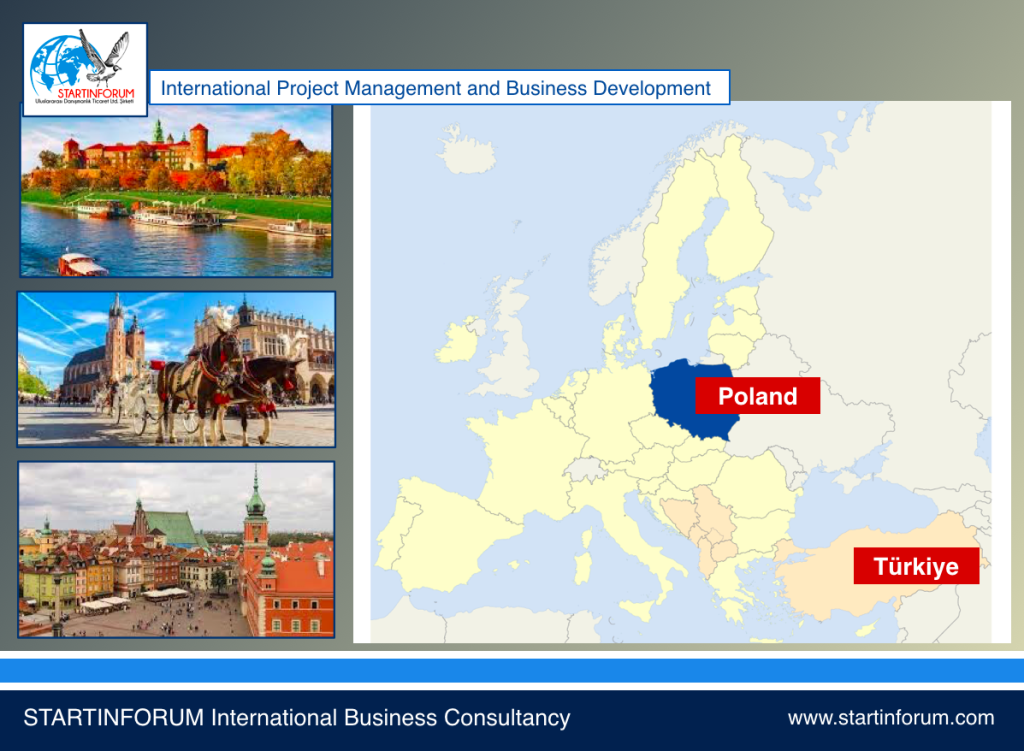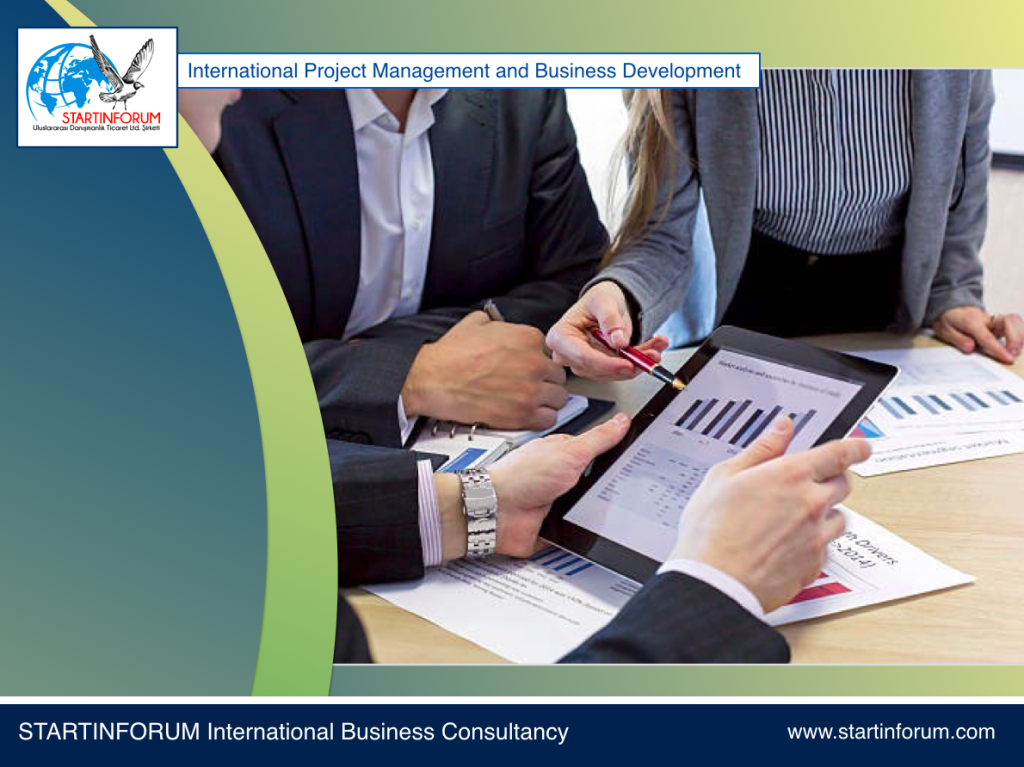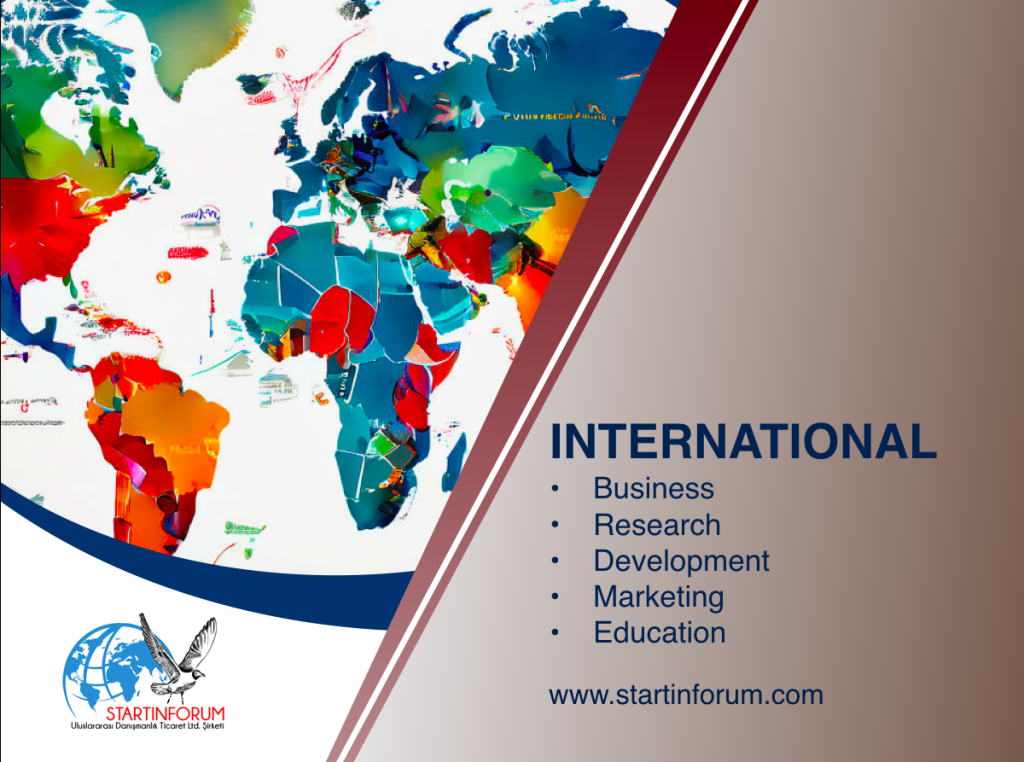Poland is absolutely a promising destination for Turkish exports which is caused by a number of reasons.
Here they are, based on current trends and future outlook.

1. Strong and Growing Trade Relationship
- Significant Volume: The trade volume between Turkey and Poland has increased rapidly, jumping from $7 billion to $12 billion in a very short time. This robust growth indicates strong demand and successful existing partnerships.
- Ambitious Targets: Both Turkish and Polish leaders have set an ambitious target of $15 billion for bilateral trade, signaling a clear political will to further deepen economic ties.
- Trade Balance in Turkey’s Favor: Turkey currently holds a positive trade balance with Poland (meaning Turkey exports more to Poland than it imports), though the gap has narrowed slightly in recent years. This indicates a strong market for Turkish goods.
2. Poland’s Robust Economic Outlook
- Solid GDP Growth: Poland’s economy is expected to maintain robust growth in 2025 (forecasted at 3.3%) and 2026 (3.0%). This growth is primarily driven by strong private consumption (due to rising real wages and increased government benefits) and investment (especially EU-funded public investment in infrastructure and energy).
- Strategic Location: Poland’s central position in Europe makes it a vital gateway for trade between Western and Eastern Europe. Its well-developed infrastructure (ports, railways, highways) facilitates efficient logistics and distribution.
- EU Membership Benefits: As an EU member, Poland benefits from free trade within the EU, reduced tariffs, and streamlined customs procedures, making it an attractive entry point to the broader European market.
3. Key Export Sectors with High Potential
Turkish exports to Poland are diverse, indicating wide-ranging opportunities. The top categories in 2024 highlight particular strengths:
- Vehicles (other than railway, tramway): This is by far the largest Turkish export to Poland ($1.62 billion in 2024), showing a strong demand for Turkish-made or assembled vehicles and parts.
- Machinery, Nuclear Reactors, Boilers: A significant category ($619.19 million in 2024), driven by Poland’s industrial development and investment.
- Electrical, Electronic Equipment: Another substantial export ($459.46 million in 2024), reflecting the demand for technology and consumer electronics.
- Textiles and Apparel (Knit and Not Knit): Combined, these categories represent over $680 million in 2024. Turkish textiles are highly competitive in Poland due to quality, design, and proximity (as Poland also imports heavily from China, Bangladesh, and Germany in this sector).
- Aluminum: A surprisingly large export ($317.62 million in 2024), indicating industrial demand.
- Plastics: ($280.32 million in 2024) – used across various manufacturing sectors.
- Edible Fruits, Nuts, Peel of Citrus Fruit, Melons: A strong agricultural export ($255.26 million in 2024), benefiting from Poland’s import needs for fresh produce.
- Articles of Iron or Steel: ($259.99 million in 2024) – for construction and manufacturing.
- Defense Sector: Described as a sector with “significant progress,” with “Arms and ammunition, parts and accessories” at $106.82 million in 2024. This is a growing area of cooperation.
- Pharmaceutical Products: A consistent export ($63.05 million in 2024), indicating demand for Turkish pharmaceuticals.
- Furniture, Lighting Signs, Prefabricated Buildings: ($57.47 million in 2024) – aligning with Poland’s construction and real estate development.
4. Favorable Regulatory and Political Environment
- Free Trade Agreement (FTA): A Free Trade Agreement between Turkey and Poland has been in force since 2002, eliminating tariffs on industrial products and providing a framework for trade in agricultural products. This significantly boosts competitiveness.
- Strategic Partnership: Relations between Turkey and Poland have been elevated to a “strategic partnership” since 2009. Both countries are members of NATO, OECD, OSCE, and the WTO, ensuring a stable and cooperative political environment.
- Shared Energy Goals: Both countries are focusing on reducing energy dependence and increasing renewable energy, creating potential for cooperation and related goods/services.
- Polish-Turkish Chamber of Commerce: Established in 2007, this body actively supports mutual collaboration and strengthens economic ties.
Conclusion
Given the strong historical ties, robust economic growth in Poland, significant existing trade volumes, ambitious future targets, and the diverse range of successful Turkish exports, Poland is indeed a very promising and strategically important destination for Turkish exports.
Turkish exporters should prioritize market research within these key sectors to identify specific niches and capitalize on the existing goodwill and economic momentum between the two countries.
For guidance and consultancy, as well as developing effective strategy for export from Turkey, please feel free to contact us.

